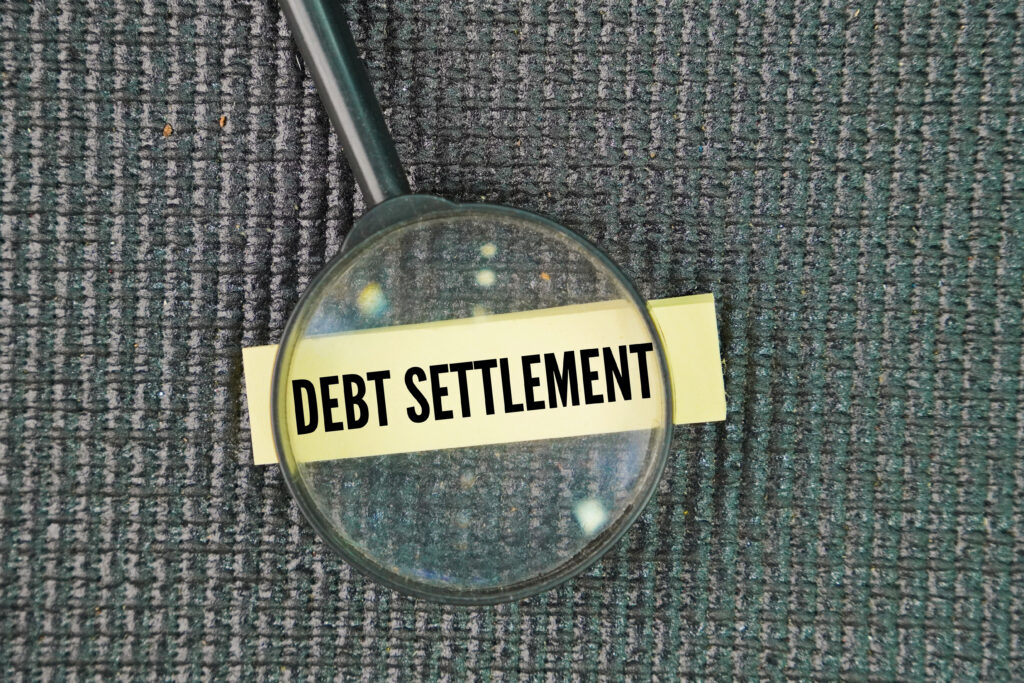What to Know Before You Decide


If you’re thinking about debt settlement, it’s normal to feel cautious. The process can affect your credit, increase certain costs, and doesn’t work for every kind of debt.
At the same time, many people find it’s a smart way to handle debt when other options don’t fit. The key is knowing both the risks and the safer practices to look for so you can decide if it’s the right step for your situation.
Debt settlement is a process designed to reduce what you owe on certain unsecured debts, such as credit cards or personal loans. Here’s the general idea:
While each company may handle details differently, two key safeguards to look for are:
Debt settlement can create challenges that you’ll want to weigh carefully before enrolling. Common risks include:
Knowing these risks in advance doesn’t eliminate them, but it can help you ask the right questions and avoid companies that aren’t transparent.
Debt settlement isn’t right for everyone. It may not be the best option if:
If any of these apply to you, exploring other debt relief options may be a better fit.
If you decide to consider debt settlement, choosing a transparent company and knowing your rights can help reduce the risks. Key safeguards include:
These steps don’t erase the risks, but they can give you more control and help you make informed decisions.
Some companies make debt settlement riskier than it needs to be. Be cautious if you notice:
Seeing any of these signs should make you pause. A trustworthy company will welcome your questions and be upfront about both the potential benefits and the risks.
If you’re considering debt settlement, don’t hesitate to ask direct questions. A reputable company should give clear, written answers to things like:
These questions can reveal how transparent a company is—and whether they’re giving you the details you need to make an informed decision.
Debt settlement carries real risks, but risk doesn’t always mean it’s the wrong choice. What matters is having honest expectations, knowing the possible downsides, and working with a company that is transparent about how the process works.
If you decide to explore settlement, go in prepared: understand how fees are charged, which debts may not qualify, and that results can vary depending on your situation. A trustworthy company will answer your questions in writing and give you the information you need before you commit.
National Debt Relief offers free consultations where you can learn how the program works and whether it may be an option for your circumstances. These conversations are purely informational with no obligation to enroll, so you can make your decision with confidence.
The content provided is intended for informational purposes only. Estimates or statements contained within may be based on prior results or from third parties. The views expressed in these materials are those of the author and may not reflect the view of National Debt Relief. We make no guarantees that the information contained on this site will be accurate or applicable and results may vary depending on individual situations. Contact a financial and/or tax professional regarding your specific financial and tax situation. Please visit our terms of service for full terms governing the use this site.

Blog Posts Archives UnfavoriteFavorite March 4, 2026 Religion & Society Program by Rabbi Elan Babchuck A guest blog post published...

The senior housing sector represents one of the most compelling opportunities in commercial real estate today. Here’s a staggering statistic:...

When money is tight and bills can’t wait, many people look for ways to access cash quickly. One option that often comes up is a...